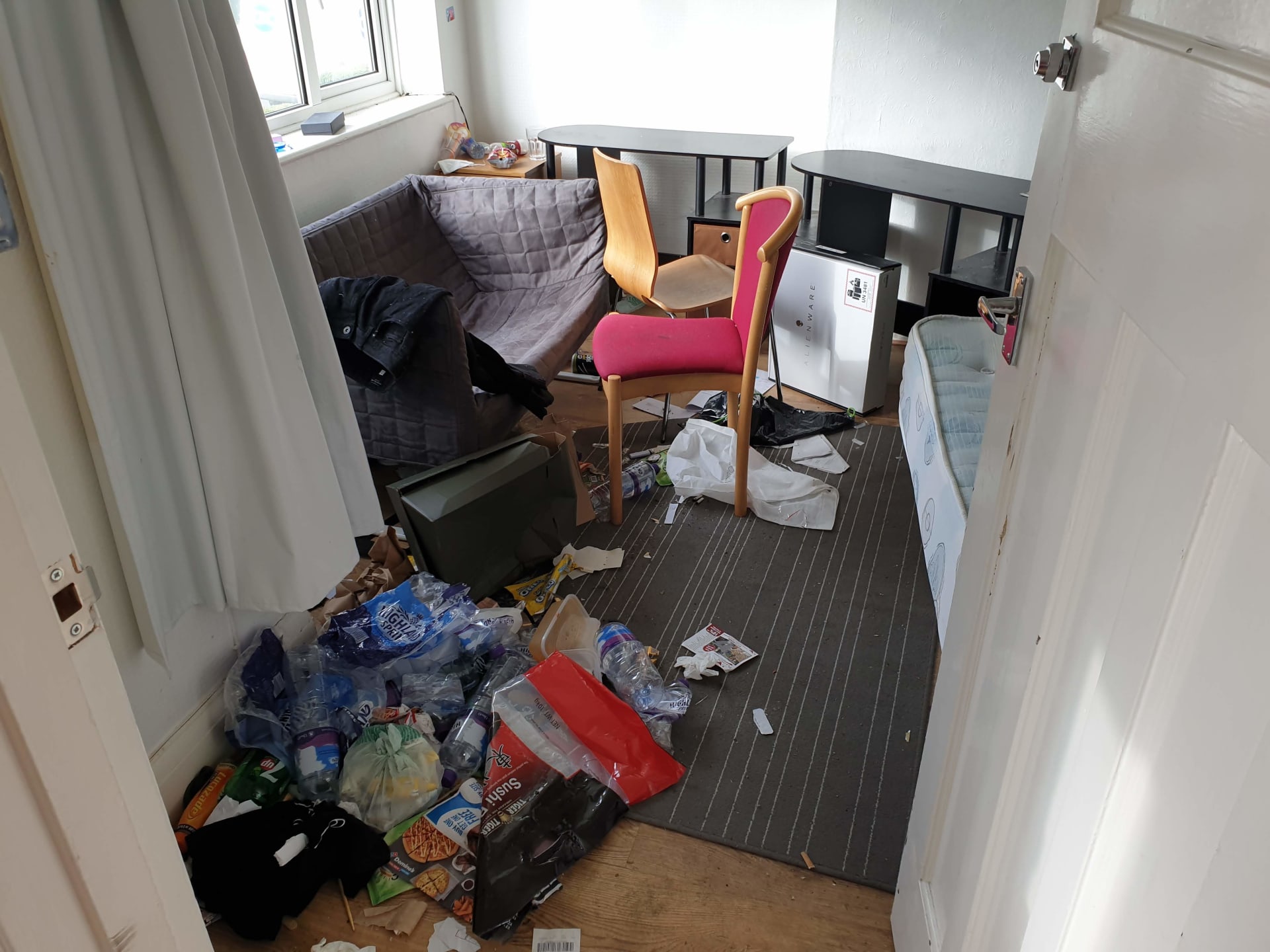Today's topic is a hot one: deposit deductions. Let's face it, no one enjoys that end-of-tenancy dance where you both circle the property, fingers crossed for minimal damage. But listen up, landlords, if you're planning to make any deductions from your tenant's deposit, you need to have your ducks in a row – evidence-wise, that is.
Why? Because without proper documentation, you might end up empty-handed, just like a recent landlord we worked with here at Eightfold, one we had inherited from another agency. They submitted a claim for carpet stains and minor door scratches, complete with receipts for professional cleaning. Seemed like a slam dunk, right? Wrong. The kicker? They didn't have an ingoing inventory completed at the start of the tenancy, something we strongly advise against not doing.
This might sound like a formality, but an ingoing inventory is your golden ticket when it comes to deposit deductions, and its scary how many landlords talk about missing this bit to save a few quid. It's a detailed report that documents the property's condition when the tenant first moves in, complete with photos and descriptions of everything from paintwork to carpets. Here's the magic: by comparing this initial report to a check-out inventory conducted at the end of the tenancy, you can clearly identify any wear and tear that goes beyond "normal living."
Think of it like this: you wouldn't buy a used car without knowing its mileage or checking for dents, would you? Same goes for a property. An ingoing inventory protects both parties. Landlords can ensure they're not footing the bill for pre-existing damage, and tenants have peace of mind knowing they won't be unfairly penalised for everyday wear and tear.
Now, the good news is that there are plenty of reputable, well priced inventory companies out there that will help you to protect your investment at the start of each tenancy. As long as you have that ongoing inventory done, you can decide at the end of the tenancy if you need to carry out a check-out to evidence any deductions you need to propose. For landlords looking to save in tricky times, it is possible to forgo this when good tenants leave the property well and the deposit is going to be returned in full!
There are lots of resources available online to help you with inventories and many letting agents offer them as part of their service. However, we have seen this lead to problems further down the line, as these reports may be seen to be biased if they are not produced by an independent third party; or may miss crucial points, if not carried out by someone who really knows inventories, so it's best to have things done properly.
Remember, a little preparation can save a lot of headaches (and potentially lost funds) down the line. So, next time you're welcoming new tenants, make sure that ingoing inventory is on your to-do list. It's a small step that can make a big difference.
For an in-depth look at reports for tenancies, see this PDF from the TDS


